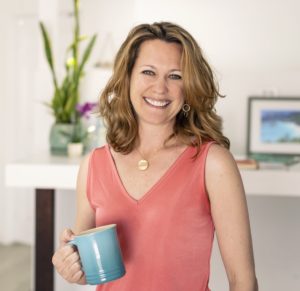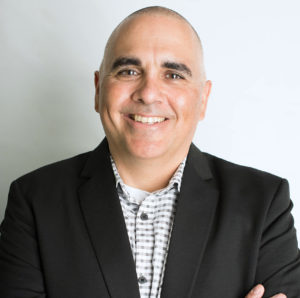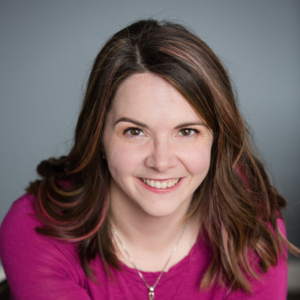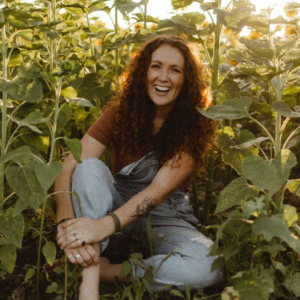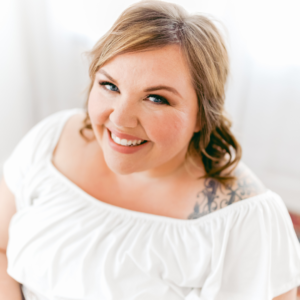I'm so excited to introduce you to this week's guest on Pep Talks for Side Hustlers, Dr. Lee Cordell!
Dr. Lee C. Cordell is an expert coach and business mentor for entrepreneurs who want to elevate and accelerate their success in their personal & professional lives. Using trauma-informed, pleasure-centered coaching, she focuses on time management, goal setting/planning, motivation & mindset, and holistic growth (personal and professional). Lee uses her 15+ years of experience in healthcare, psychology, and education to help her clients own what they want and get out of their own way to get it! Lee’s motto in life is short and sweet: Give more. Get more. Repeat.
Push play to listen to this week's episode, or read the full transcript below!

